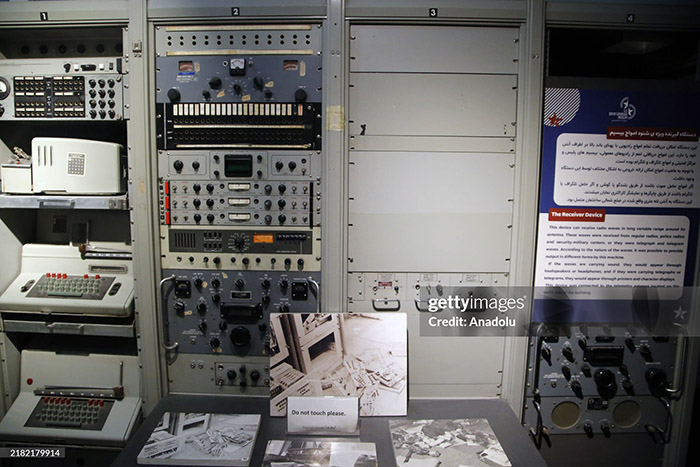The 444 Days of Captivity
For 444 days, from November 4, 1979, to January 20, 1981, the American hostages remained captive, subjected to psychological stress and uncertain about their future. They were often blindfolded, kept in isolation, and moved between different locations within the embassy complex to avoid any potential rescue attempts. This extended period of captivity deeply affected the hostages and their families, as well as the U.S. government, which was under immense pressure to secure their release.
Media Coverage and Public Outcry
The Iran Hostage Crisis quickly became a focal point of international media coverage, capturing public attention worldwide. In the United States, nightly news programs featured updates on the hostages’ condition and diplomatic efforts to secure their release. The American public rallied behind the hostages, displaying yellow ribbons as a symbol of solidarity and hope for their safe return.
President Jimmy Carter’s administration faced intense scrutiny as it attempted to resolve the crisis diplomatically. However, attempts to negotiate with the Iranian government proved challenging, as the Iranian leadership viewed the hostages as leverage against U.S. interference. Khomeini and other revolutionary leaders demanded that the United States apologize for its past actions and return the Shah to face trial in Iran.

